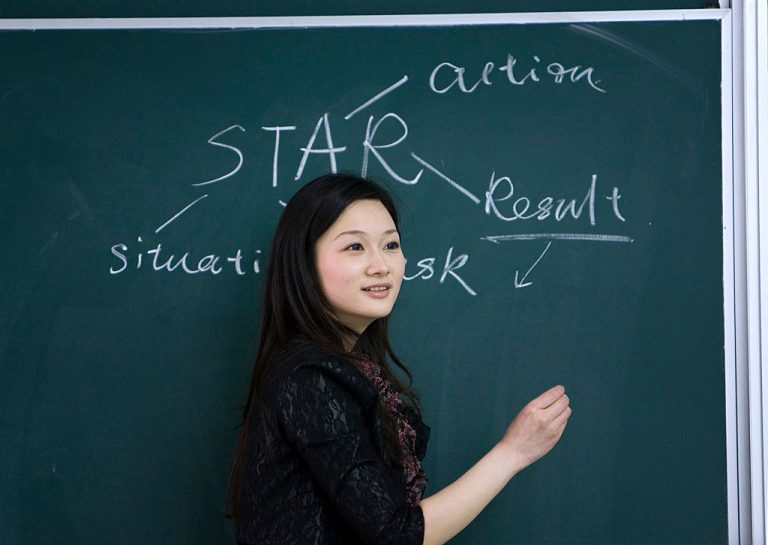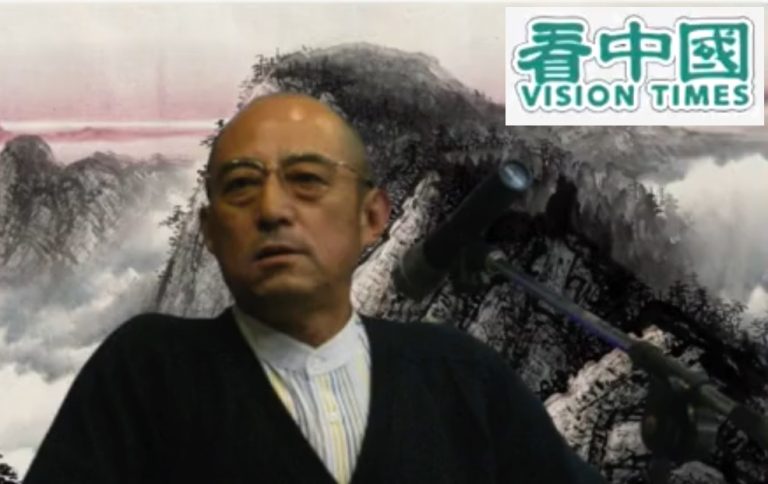As authorities and society grow wary of the Chinese Communist Party’s (CCP) influence in Europe, Taiwanese — rather than mainland — options for the study of Mandarin Chinese have begun to gain ground.
The centers, spearheaded by the Taiwan government, have been seen as a “soft power” approach to compete with mainland China. The CCP views Taiwan as a renegade province and rightful part of its territory. For years now, the Chinese regime has used violent rhetoric and threats in vowing to reclaim the self-ruling island by any means necessary — even going as far as threatening to use military action in achieving this goal.
Asia Nikkei reported that a second branch of the Taiwan Center for Mandarin Learning (TCML) is preparing to launch in the German capital of Berlin. The site would mark Germany’s third site offering Chinese language courses to adults, joining already established sites in Hamburg and Heidelberg.
RELATED:
- More US Ship-shaped Targets Appear in Chinese Desert: Satellite Images
- Now Banned in Hong Kong, Vigil Honoring Victims of Tiananmen to Be Moved to Taiwan
- Biden: US Would Get ‘Involved Militarily’ to Defend Taiwan From Attack, But Washington’s Strategic Ambiguity of China Continues
- Shooting at California Church Likely ‘Politically Motivated’ by China-Taiwan Dispute
More universities and academic institutions across Germany have made the decision to phase out or completely cancel its syllabus tied to mainland China’s Confucius Institutes. So far, Dusseldorf, Hamburg, Ingolstadt and Trier have completely bowed out of, or started the process to phase out cooperation with beijing’s standard teaching rubric.
TCMLs only employ Mandarin speaking teachers that do not hold People’s Republic of China (PRC), Macao or Hong Kong passports, Asia Nikkei reported, excluding them in favor of either those with Republic of China (ROC) — i.e. Taiwan — citizenship, or overseas Chinese.
Success
You are now signed up for our newsletter
Success
Check your email to complete sign up
Students are also taught using traditional Chinese characters, rather than simplified Chinese characters used in mainland China.
Confucius Institutes are public educational and cultural promotion programs funded and arranged currently by the Chinese International Education Foundation (CIEF), and formerly by Hanban — an organization run by the PRC government.
The Confucius Institute in Heidelberg told Asia Nikkei that many students opted not to sign up for classes in its German branch after Beijing suspended student exchange initiatives during the pandemic and subsequent “zero-COVID” protocols.
European expansion plans
Taiwan’s push to expand the centers has seen the organization grow exponentially in recent years — with 35 of its 45 facilities located in the U.S. In Europe, two of its branches are in the U.K., France and Germany, in addition to single sites in Austria, Ireland, Sweden, Hungary.
Despite the institutions’ ambitious plans to expand its European sector, the number of global Confucius Institutes still overpower TCML facilities by several hundred. By the end of 2019, Beijing had established 550 institutes and 1,172 classrooms across 162 countries around the world. Europe alone had 187 institutes in 41 nations.
Following the announcement of the Berlin TCML opening, Taiwan’s Overseas Community Affairs Council (OCAC) revealed that it plans to open a lot more centers in Europe this year — with at least eight facilities expected to open in Spain, Italy and Croatia.
“Whether the TCMLs will become a formidable competitor for the Confucius Institutes will hinge on whether the OCAC program will be extended after 2022 and whether the German government will come up with its own version of the U.S. Taiwan Education Initiative,” Barbara Prongratz, a researcher at the Merics China think tank in Berlin told Asia Nikkei.
Since seizing power in 1949, the CCP has had a long track record of targeting religious faiths and minorities for violent assimilation to its atheist ideology. This has resulted in the Chinese regime arbitrarily changing the content of textbooks in order to fit its communist doctrine and dictate what is allowed to be taught in Chinese classrooms.













